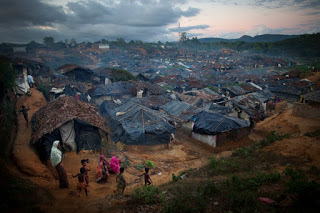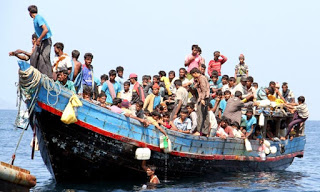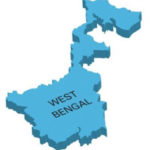People Of Nowhere: Can Malaysia legally send the Rohingya refugees back?
Malaysian officials have taken the position that they will be sending the existing refugees in Pulau Langkawi back to Myanmar. Malaysia also turned away further boats arriving at its shores. Although they were refuelled and resupplied, it was done with the aim of getting them back to Myanmar. Many people, including the Malaysian government, are under the impression that Malaysia can do so as it is not a signatory to the 1951 Refugee Convention.
Rohingya people as ‘refugees’
I don’t think it is possible to argue for a proposition that the Rohingya people are not refugees. These refugees are stateless people in Myanmar who have been denied their right to nationality, freedom of movement, access to education and services and many other fundamental rights. They have suffered grave persecution on grounds of race and religion. In fact, the United Nations (UN) have said that they are one of the most persecuted minorities in the world.
Principle of non-refoulement
This principle basically states that a state cannot oblige a person to return to a territory where he/she may be exposed to persecution on grounds of race, religion, nationality, membership of a particular social group or political opinion.
The purpose of this principle is to ensure refugees are protected against such forcible returns. It applies both to persons within a state’s territory and to rejection at its borders.
This principle has attained the status of customary international law. What does this mean? In essence, this principle has been practised widely by many states, where it is regarded as a binding rule of law. In other words, all states are bound by it unless they have strongly objected to it. Many people think that only written law in form of conventions and treaties bind states. However, customs such as this also binds states.
Malaysia has adopted the Universal Declaration of Human Rights and the UN Declaration on Territorial Asylum of 14 December 1967, both of which have codified the principle of non-refoulement. It would be grossly contradictory for Malaysia to say that it is not bound by this principle when it had taken a different stance in the UN.
Therefore Malaysia can’t send these refugees back to Myanmar or any other place where they would face persecution. However, can Malaysia do so if it is deplete of resources to keep or accept the refugees?
Policy considerations
There are two general exceptions to this principle, ie. on grounds of national security or where the refugees’ criminal records constitute a threat to the community. Up until now, the Malaysian officials have failed to sufficiently address if any of the two grounds have been fulfilled (both of which are strictly interpreted). However, this is where I feel it would be unfair to solely blame Malaysia, or any other receiving country. Malaysia has its obligations as a receiving country, but it can only fulfil them to the extent its resources allow it.
This is not a Malaysian problem, an Indonesian problem or a Thai problem; it is a problem of the international community. It is appalling that Asean countries have failed to react promptly to come up with a solution to this humanitarian crisis. Instead, countries are more keen on washing their hands clean of any responsibility.
Even if a state does not have the space to keep these refugees on a temporary basis, it could still provide assistance in other forms. Other countries around the globe could offer to temporarily host these refugees pending a better solution. Instead, pointing fingers and blaming is the only thing States seem to be doing.
It is shameful that Asean countries can work together for economical purposes, but when it comes to the saving of human lives, all form of cooperation seems to have vanished.
About the Author:
Surendra Ananth is an alumni of National University of Malaysia, and the X-President of Asian Law Students Association. He currently writes for The Malaysian Insider. You can read his blog here
Originally Published on The Malaysian Insider HERE







Leave a Reply